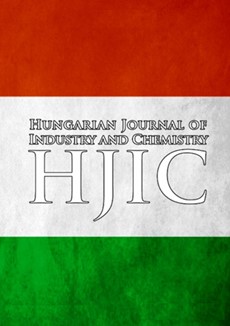Considerations to Approach Membrane Biofouling in Microbial Fuel Cells
DOI:
https://doi.org/10.33927/hjic-2020-27Keywords:
microbial fuel cell, membrane, oxygen mass transfer, biofoulingAbstract
Among bioelectrochemical systems, those referred to as microbial fuel cells (MFCs) are widely implemented for wastewater management and simultaneous recovery of electrical energy. MFCs are fundamentally assisted by bacterial populations, mostly mixed cultures to be more exact that, after oxidizing the substrate, are capable of facilitating the passage of electrons to an electron acceptor, usually the anode. However, certain undesired bacterial strains often colonize not only the electrode but the membrane separator over time and cause severe biofouling. The membrane is an architectural element of many MFCs and determines the efficiency of the system. In this paper, this issue is overviewed briefly and some considerations concerning how to approach the problem are presented.Downloads
Published
2020-12-12
Issue
Section
Articles
How to Cite
Considerations to Approach Membrane Biofouling in Microbial Fuel Cells. (2020). Hungarian Journal of Industry and Chemistry, 48(2), 51-53. https://doi.org/10.33927/hjic-2020-27




